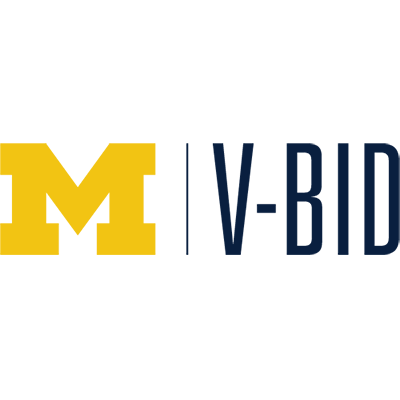

How Can We Make Sure People Get the Second COVID-19 Vaccine Dose?
Out-of-pocket costs have been removed for COVID-19 vaccinations thanks to the CARES Act. However, vaccines that require more than one dose, like the COVID-19 vaccine, create additional behavioral and environmental challenges that can prevent completion of the vaccination series. In a recent IHPI feature, V-BID Center Director Mark Fendrick shares how policymakers, providers, and employers can encourage and incentivize receipt of the second COVID-19 vaccine dose.

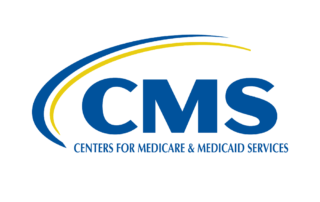
CMS Announces New Model to Advance Regional Value-Based Care in Medicare
On December 3rd, the Centers for Medicare & Medicaid Services announced the Geographic Direct Contracting Model, a voluntary payment model that will allow organizations to take responsibility for Medicare fee-for-service beneficiaries’ health outcomes, incentivizing the improvement of care coordination for patients. The model will allow organizations to reduce beneficiaries’ cost-sharing for high-value Medicare Part A and Part B services.

Medicare Advantage Value-Based Insurance Design Model Application Process for Calendar Year 2022
CMS has released the Calendar Year 2022 Request for Applications for the V-BID Model and the Hospice Benefit Component of the V-BID Model. Applications for the V-BID Model will go live on February 1st, 2021, and are due on April 16th, 2021. There will be an overview webinar on January 14th, 2021, from 4-5pm EST. Click here to view our one-pager on the incorporation of V-BID principles in Medicare Advantage.

House Passes Screening Colonoscopy Cost-Sharing Fix
The House passed H.R. 1570, the Removing Barriers to Colorectal Cancer Screening Act, by an overwhelming majority on December 9th, 2020. The legislation would fix the Medicare screening colonoscopy coinsurance problem, which currently requires beneficiaries to pay coinsurance for a colonoscopy, if the screening becomes therapeutic. Removing cost-sharing for colorectal cancer screenings that become therapeutic would eliminate a significant financial barrier to this high-value service.


2020 Consumer Engagement in Health Care Survey
The 16th Annual Consumer Engagement in Health Care Survey found that 1 in 5 respondents reported delaying medical care as a result of the COVID-19 pandemic. Despite the risks of COVID-19 infection, only 55% of adult respondents with private health insurance were willing to receive the COVID-19 vaccines. Other findings in the report include a surge in the use of telemedicine due to the pandemic and increasing enrollment in HSA-eligible HDHPs.

Assessment of Financial Toxicity Among Older Adults with Advanced Cancer
Financial toxicity was reported by 18% of patients 70 years or older with advanced cancer in a recent cross-sectional study. Unintended and unanticipated financial burdens were also associated with higher levels of depression, anxiety, and distress, as well as lower health-related quality of life. Health care professionals must engage patients and families in conversations about the costs of medical care, and further research on an intervention to prevent financial toxicity is needed.
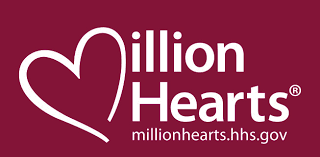
CMMI Million Hearts Cardiovascular Disease Risk Reduction Model: Findings At A Glance
Results from CMMI’s Million Hearts Model evaluation report indicate that the model has improved cardiovascular preventive care for participating Medicare beneficiaries by providing targeted incentives to health care providers. Model participants experienced declines in their risk of heart attack and stroke in addition to a 6% reduction in all-cause mortality rates compared to controls.
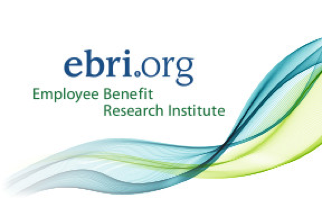
Use of Low-Value Health Care Services Rises After People Satisfy Health Plan Deductibles
In a recent study, the Employee Benefit Research Institute found that the use of specified low-value health services was higher among patients who satisfied their plan deductible compared to those who had not met their deductible. Use of high-value cancer screenings also increased when patients satisfied their deductible, demonstrating that most deductibles are a blunt instrument for deterring utilization. More nuanced plan designs can encourage receipt of high-value care, while reducing low-value care.

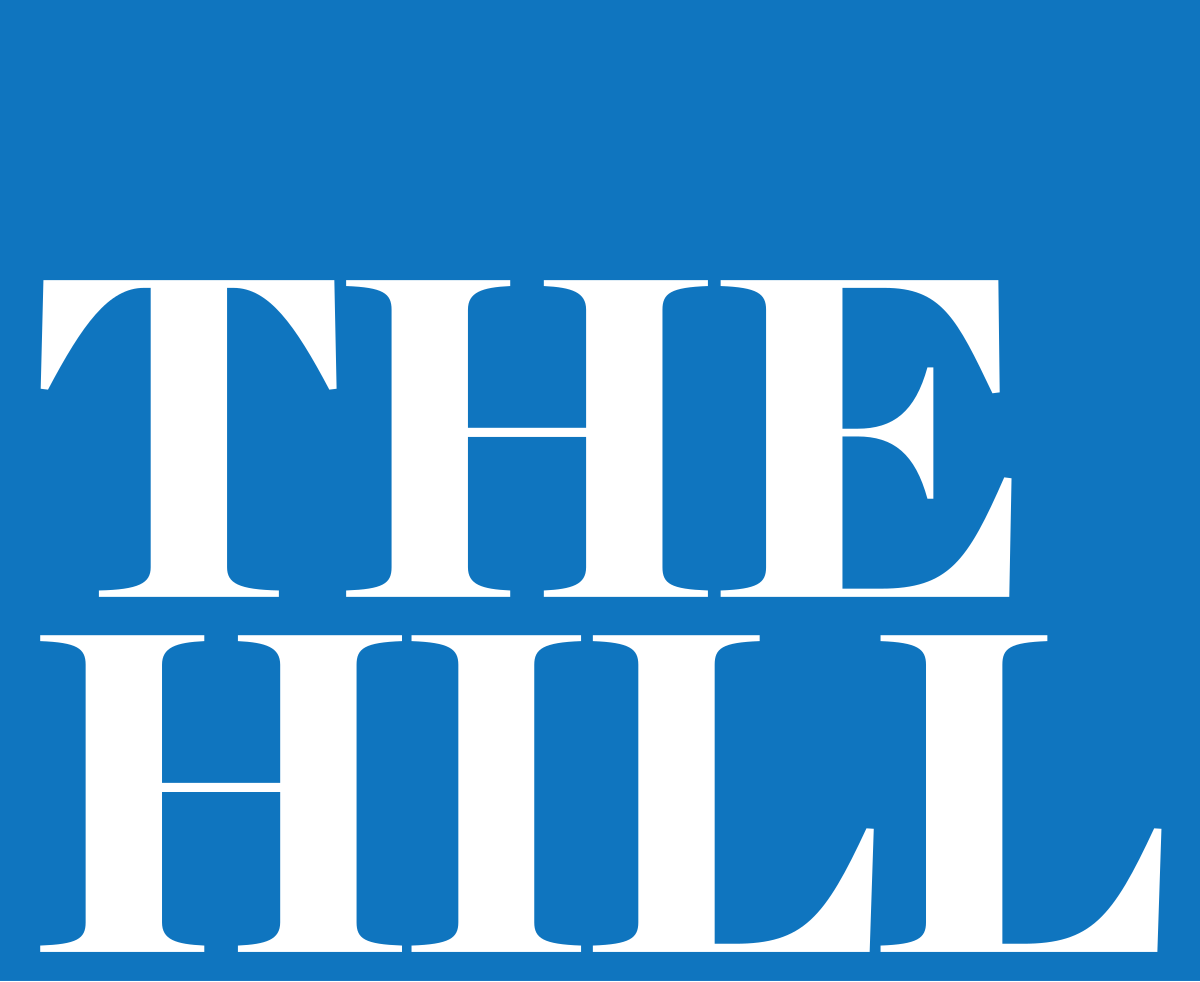
Seniors' Pattern of Out-of-Pocket Co-pays Says Much About U.S. Health Care
Prescription fills increase by up to 14% on days when people receive Social Security checks, suggesting that many older Americans wait until their Social Security checks arrive before filling prescriptions for life-saving medications. High levels of cost-sharing for high-value medications and services can have detrimental effects on the health of low-income Americans. To read more, visit our Drug Cost Iceberg initiative page.

Study Proposes New Plan to Help Reduce Financial Hardships for Cancer Patients
Rising costs of cancer care, partially driven by the surge in high-deductible plans, are increasingly burdening patients. Recent research suggests that it is time to add routine screening for financial hardships to clinical practice after a cancer diagnosis, as understanding finances can help providers and patients make more informed treatment choices. The authors also called for policies to reduce costs for cancer patients, including capping patient out-of-pocket expenditures.

Ignoring Inequitable Benefit Design is Not an Option
Most employers offer one-size-fits-all benefit designs where cost-sharing is the same for all wages. Non-nuanced benefit designs can create the greatest financial burdens for low-wage workers, who typically have the highest prevalence of chronic conditions and are disproportionately minorities or people of color. Learn how value-based insurance design can be used to address health disparities and create more equitable benefit designs.
Please Help Support the V-BID Center
As a non-profit entity, the V-BID Center relies on fundraising to support our research, education, and policy efforts. Please help us continue our work by donating here. We truly appreciate your consideration.



